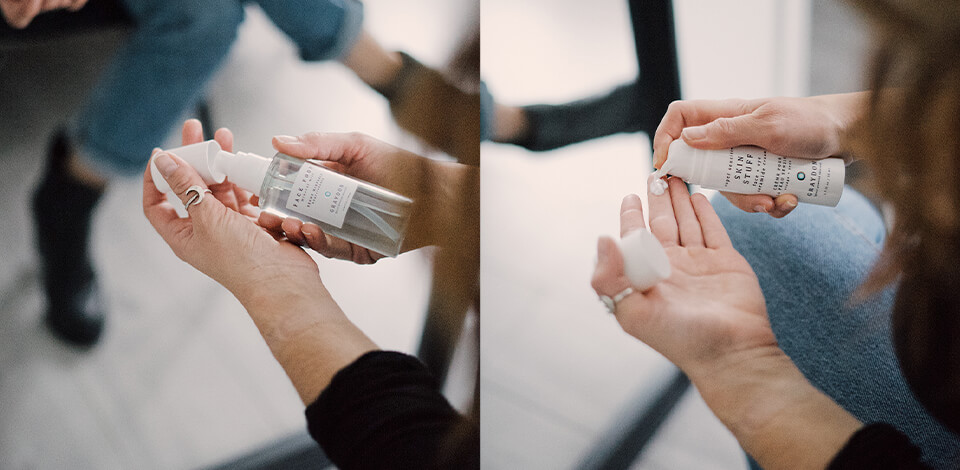
Lifestyle product photography is a kind of product photography that is aimed to show your product within a styled scene, with/without models, to demonstrate the main purpose of this product and how a potential customer can use it.
What makes it different from the traditional approach is how relatable and interactive it is. When you see a product in its natural context, it creates more convincing results than seeing it against a plain white background.
Want to start taking lifestyle product images like professionals? Get inspired by these unique lifestyle photography ideas that will help you convey the story of your product.

Flatlay is the trendiest type of tabletop photography, which is taken from above. It creates a story around the product, that helps represent it. The storytelling is achieved by carefully considering the props.

The photo should be dynamic, with colorful items that are commonly used with the product you’re shooting. You should also pay attention to the color palette, as your aim is to create a well-coordinated image with a visual punch.

Using models to showcase your products will attract wider audiences. People understand how to use the product, how it can be applied to their lives, and also gives a clear understanding of the various features. The model can also come up with creative model poses for showcasing the product in the most attractive way.

Hiring models is a must for clothing photography, although can get quite expensive. Luckily, there are tons of places where to find free models for photography, like social media platforms.
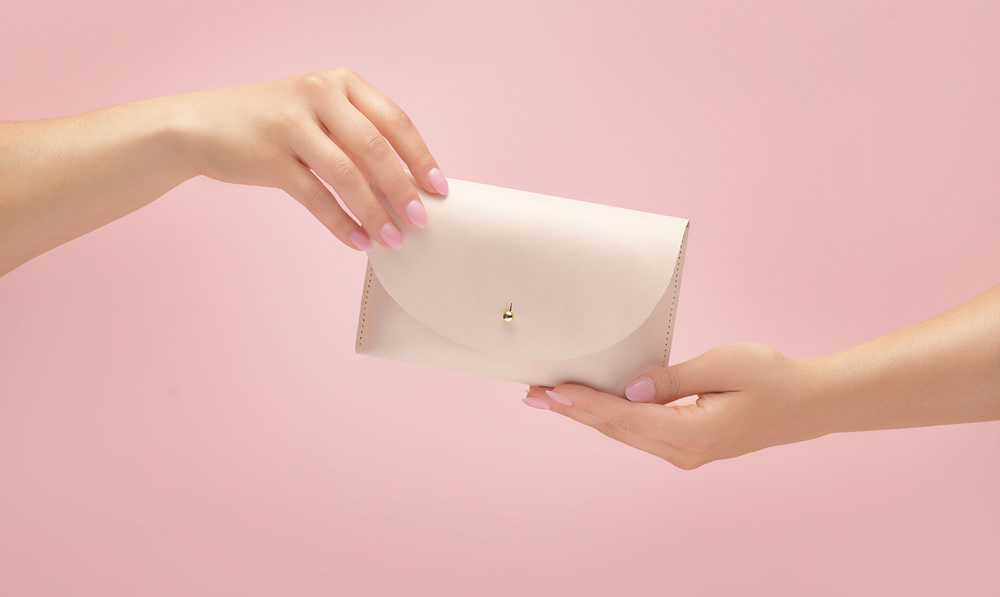
Similar to the previous idea, these types of product photos include models too, but they don't fully appear in the frame. Only their body parts, like hand or leg, are seen in the image with the product.

This can be commonly seen in the ads of luxury handbags, where you’ll only see a model’s hand holding the bag. The idea can also be used for product shots of sneakers. This can complete the image with a mysterious element, especially if photos are edited professionally. You can perform photo processing yourself or delegate the task to a reputable image editing service.

The go-to approach is to place a camera at the same eye level as the product so that the final image comes out as if we’re looking at it in real life. I recommend you to try and explore unique angles, that the human eye can rarely see to stand out from the competition.
For example, you can try shooting from underneath the product. However, when shooting from unusual angles, always be aware of the possibility of distorting your product.

The best idea for cosmetics and food photography is to incorporate the main ingredients of the product. With food images, you can also incorporate the essential tools needed to cook it.
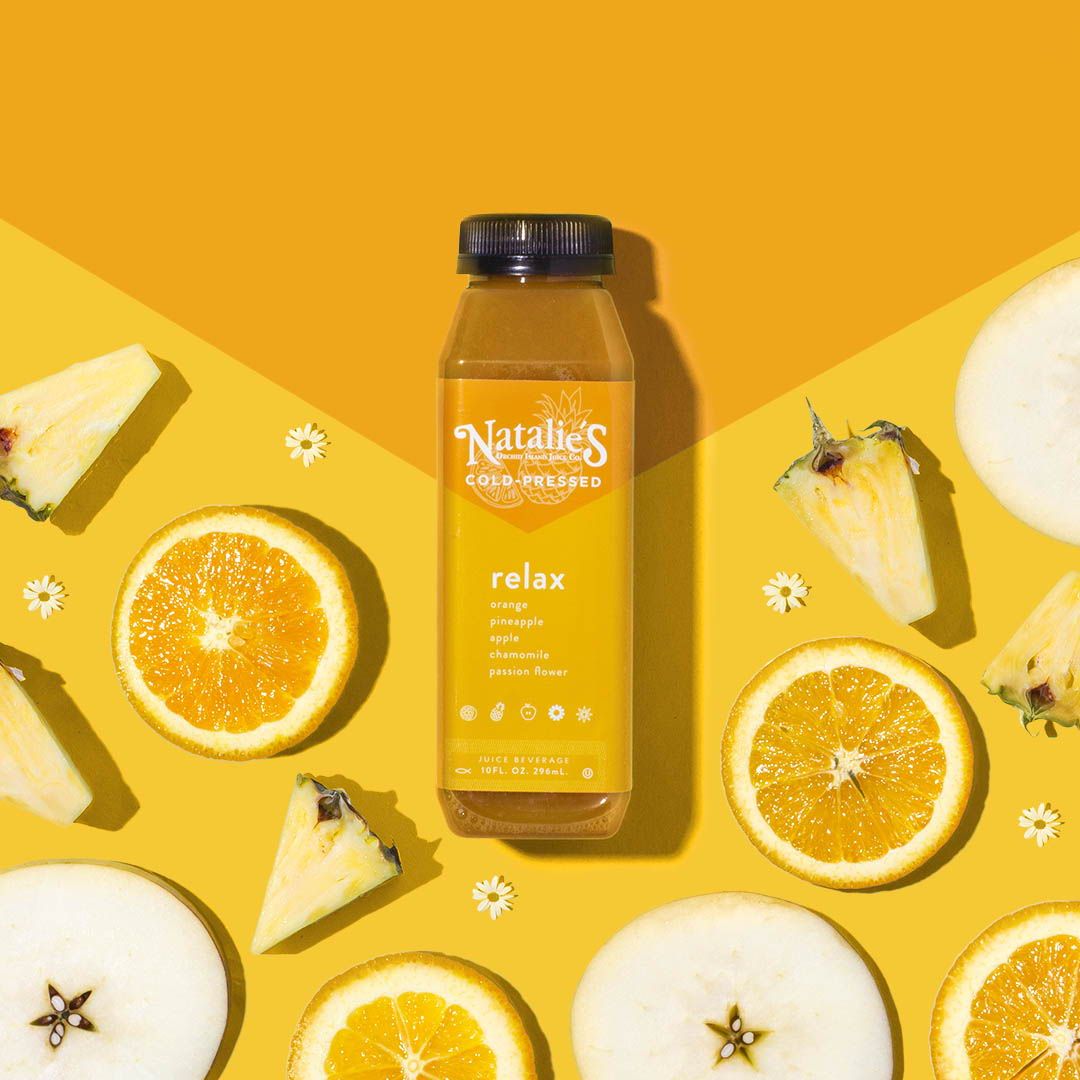
This adds the needed texture to draw the potential customer in. Placing the ingredients around the product can also be used to emphasize its organic nature.

Some product shots are so cluttered, that it’s unclear what is the product being advertised. When there are too many props, there are too many objects competing for the customers’ attention.

Make the product the focal point in photography you capture to avoid any confusion. You’ll need to use a large aperture, like f/1.4, or f/1.2.

Some photographers perceive it as being completely needless to use additional props. Though you have to focus solely on the product, accurately chosen props will help convey the story and represent the item in an appealing way. For example, the baby monitor advertised in the photo above is harmoniously complemented with kids’ toys.
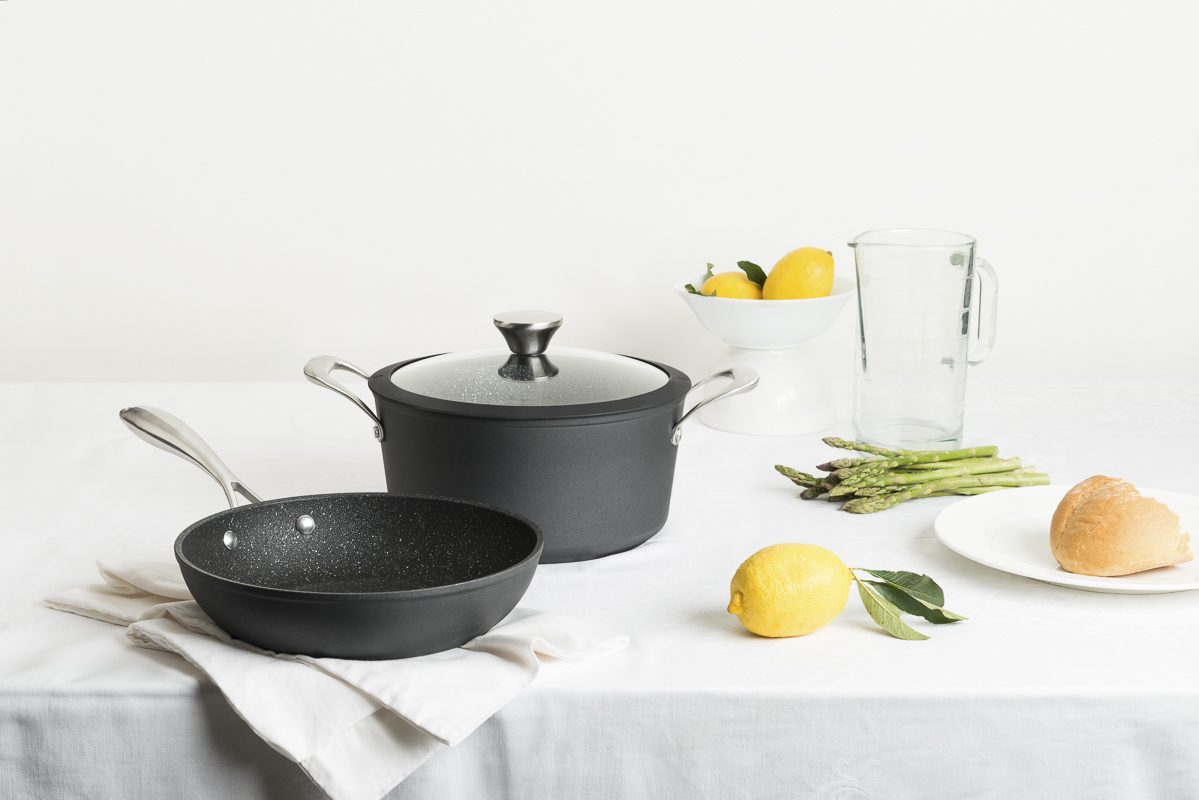
As food photography props you can use a stump plank, cutlery, or cutting boards, as jewelry photography props you can use an acrylic holder set, flowers, fabric or fruits. Take care to prepare diverse types of product photography props beforehand.

When you frame the shots while photographing, remember to take several broad photos with empty space. This is an important tip for photos that will, later on, be used on main websites.
Negative space photography allows you to add a logo, ads, or a brand name to the shot later on, as well as to realize creative product photography ideas. Filling the entire frame with the product won’t leave any space for text, and the brand will have to cover part of the product to type something.

Similar to incorporating the ingredients of the product in the frame, this idea requires covering the background with only one main component.

Such a textured backdrop will instantly catch an eye. It looks especially appealing if the color of the backdrop matches the packaging.

Every product photographer, who works in a studio, knows that the best background for Amazon product photography purely white. But if you deal with lifestyle product photography, you’d better choose more creative product photography backdrops.

A colored backdrop can be a great way of boosting the visual appeal of the product. You can also try different creative color combinations.
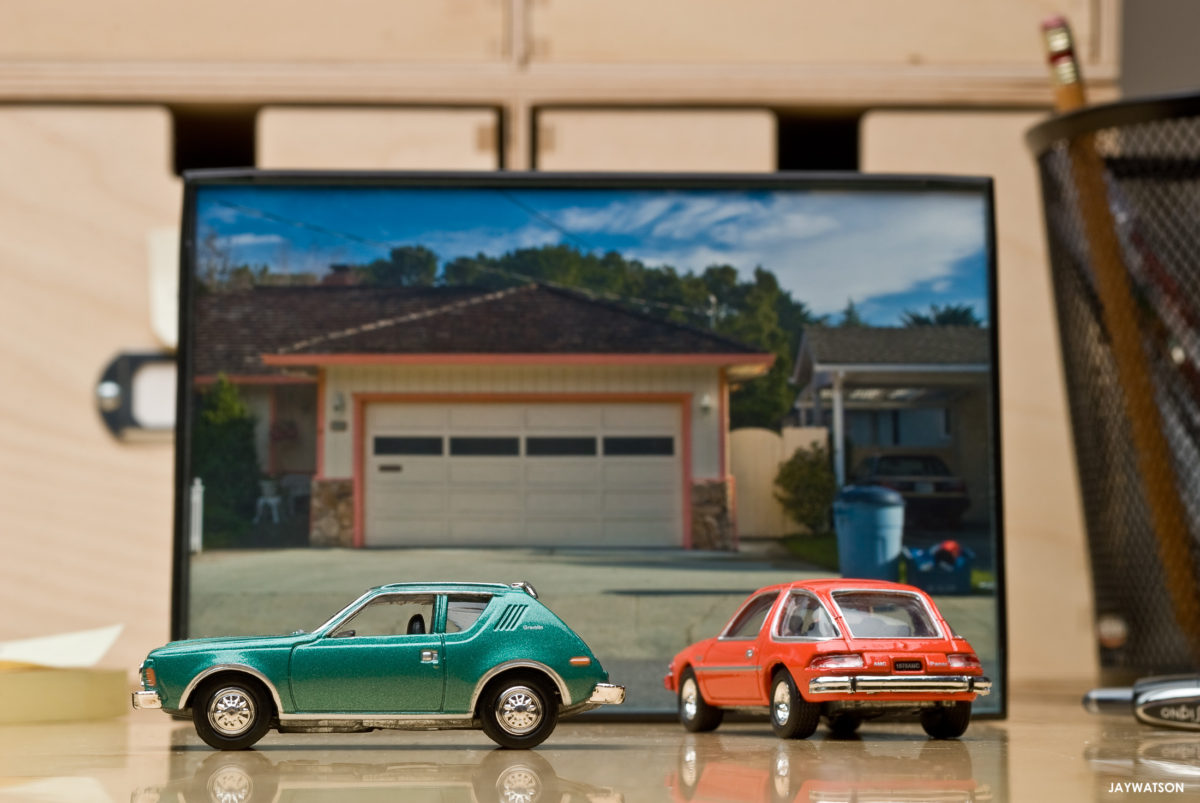
Although the text description of a product can mention measurement details, the picture you take is supposed to demonstrate the product’s size realistically. For instance, imagine where a buyer will put this product, what other items will be near, and capture it together with these items.

This lifestyle product photography trick will come in handy for items that have multiple sizes. It helps buyers make sure that they are ordering an item of the right size, so they are less likely to make a return.

Natural lighting contributes to a more genuine and reliable look of the product in the shot. If you decide to shoot in natural lighting, it is better to capture products with reflective or see-through surfaces, such as sunglasses, jewelry, acrylic organizers, etc.

Stay away from full direct sunlight since it may throw dark shadows on products. To keep the shadows subdued without ruining the light’s intensity, use something to diffuse the light. This may be a thin sheet of white tissue paper, day curtains, or a reflector board.
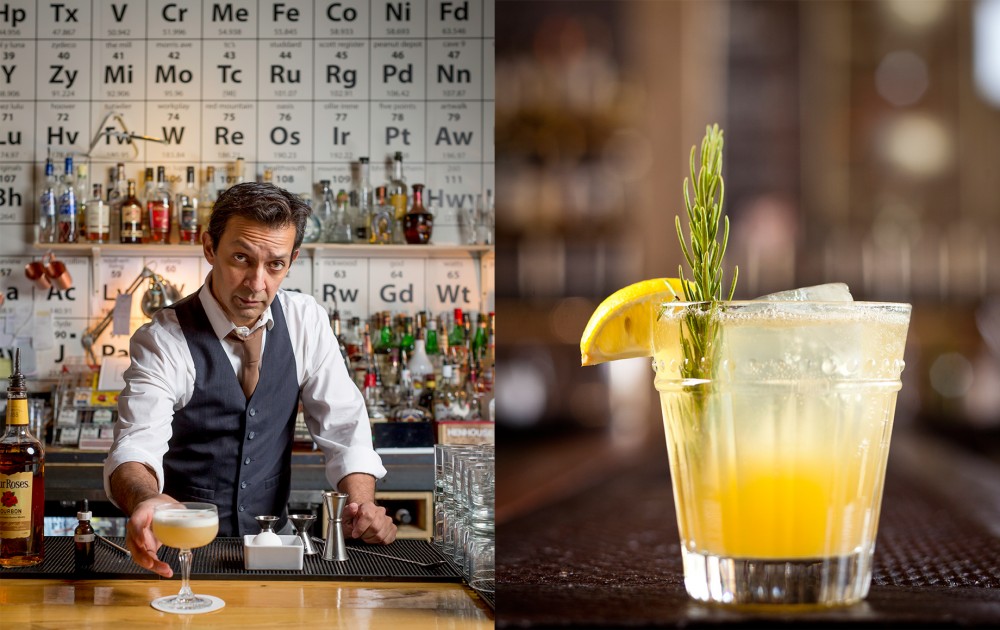
For regular product photography, you’d capture a drink in a bottle, but for lifestyle photography, I recommend capturing drink photography in glasses. However, you cannot just use simple plain glasses, you should use a glass that compliments your drink, and that's the appropriate glass for it.

A trick I’d like to share with you is to use fake ice cubes. Sometimes, you may spend a considerable amount of time taking the shot, and fake ice cubes will help you avoid spoiling the shot by melting.

Lifestyle context can also be achieved digitally but requires some serious editing skills. Use software such as Photoshop or Illustrator to cleverly manipulate your product photos for different perspectives.

There are plenty of Photoshop tutorials on YouTube for learning how to achieve this. Or you could get the best expertise by hiring a product retouching service expert.

When taking product lifestyle photography, don’t forget about the rules of color psychology and complementary colors photography. This way, the customers will be more inclined to buy the product. Take a look at the product shots of electronics (desktops, phones, tablets). These are often captured with a polished black background as black color is a symbol of elegance and reliability.

The general recommendation is to use colors from the logo as primary colors across the background or shot. The most prominent and recognizable example here is Coca-Cola. Red and white colors prevail in all of their marketing campaigns.
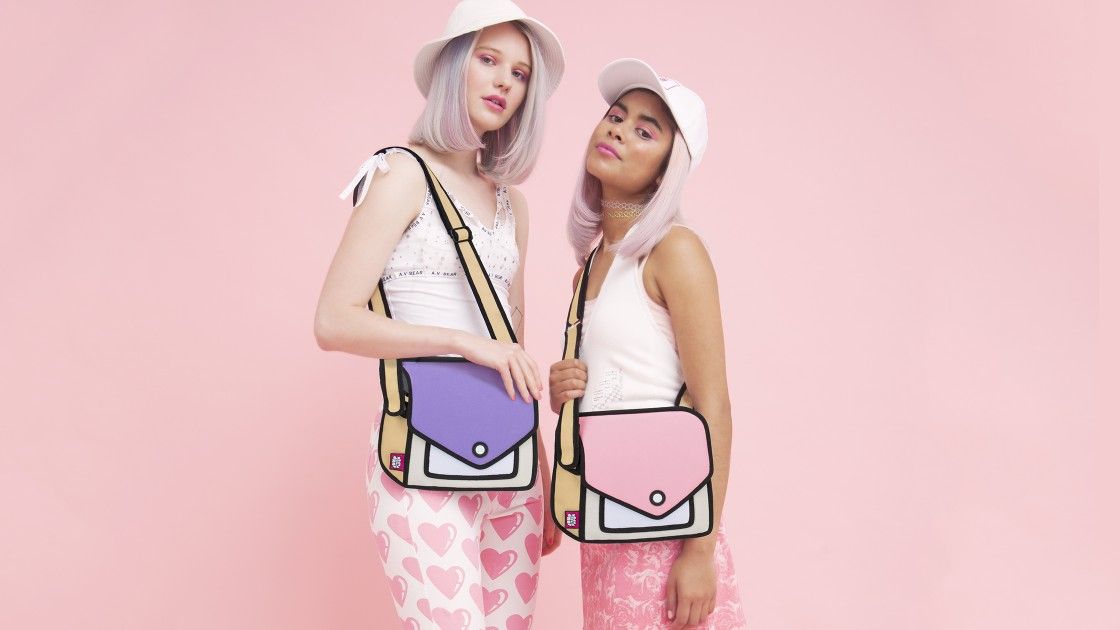
Speaking of product photography with models, first of all, you should identify the brand’s target audience. Find out the age group, gender, lifestyle, occupation, interests, education, preferences, and basically everything that can tell you about a person who would buy a particular product.
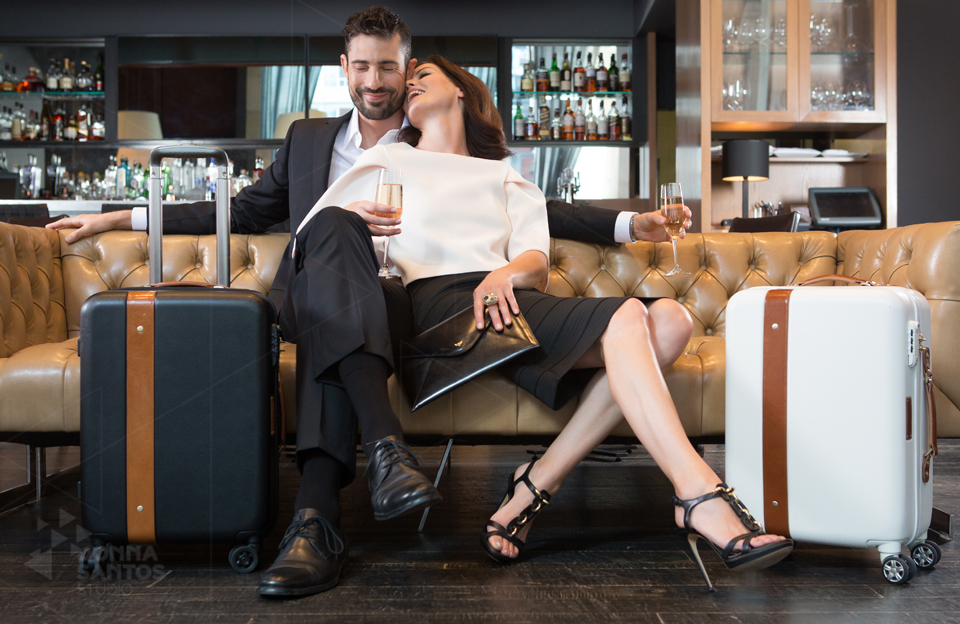
If the product is aimed at a younger audience, feature models of similar age in your product photography. As a result, potential customers will be able to spot themselves in shots. After seeing models wearing/using the product, they will be more interested in owning it as well.
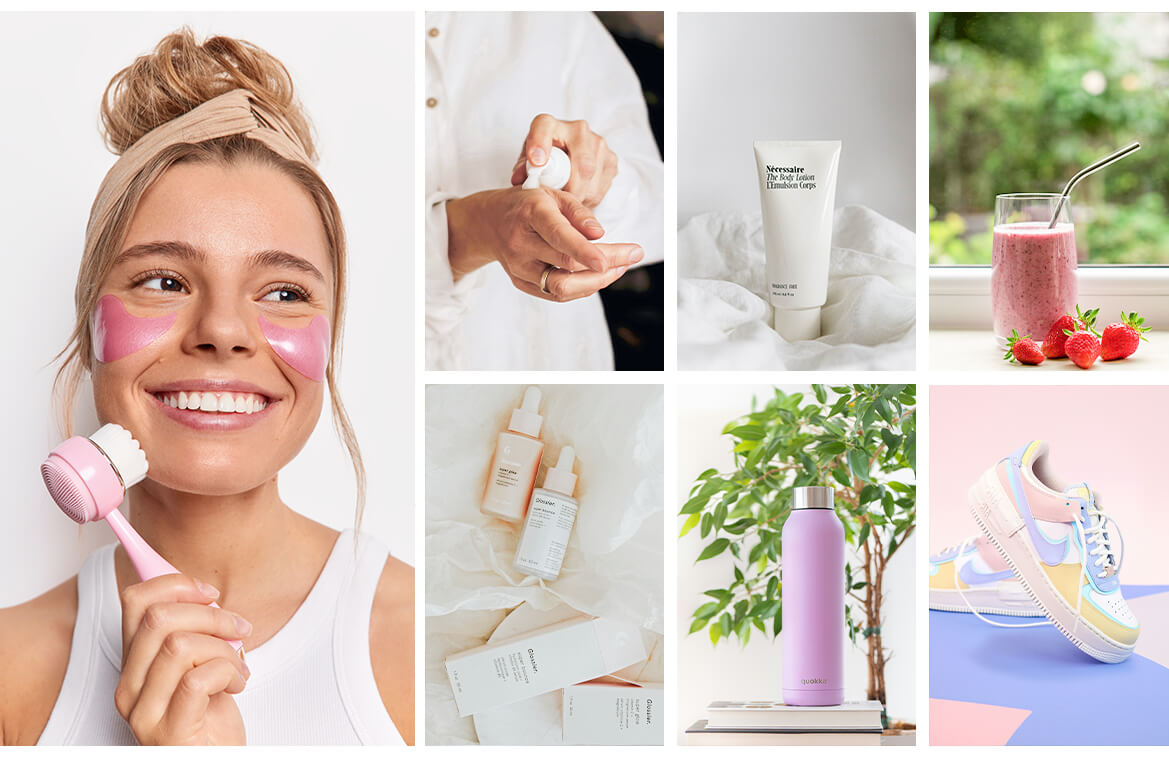
One of the latest trends in product images is creating photo collages. With a collage, you can create a visual representation of the brand, and present the products in a particular context.

Another advantage of product collages is that you can use them to display products from several angles, or in several scenarios in just a single image. You can either use free photo collage makers or learn how to make a collage in Photoshop.
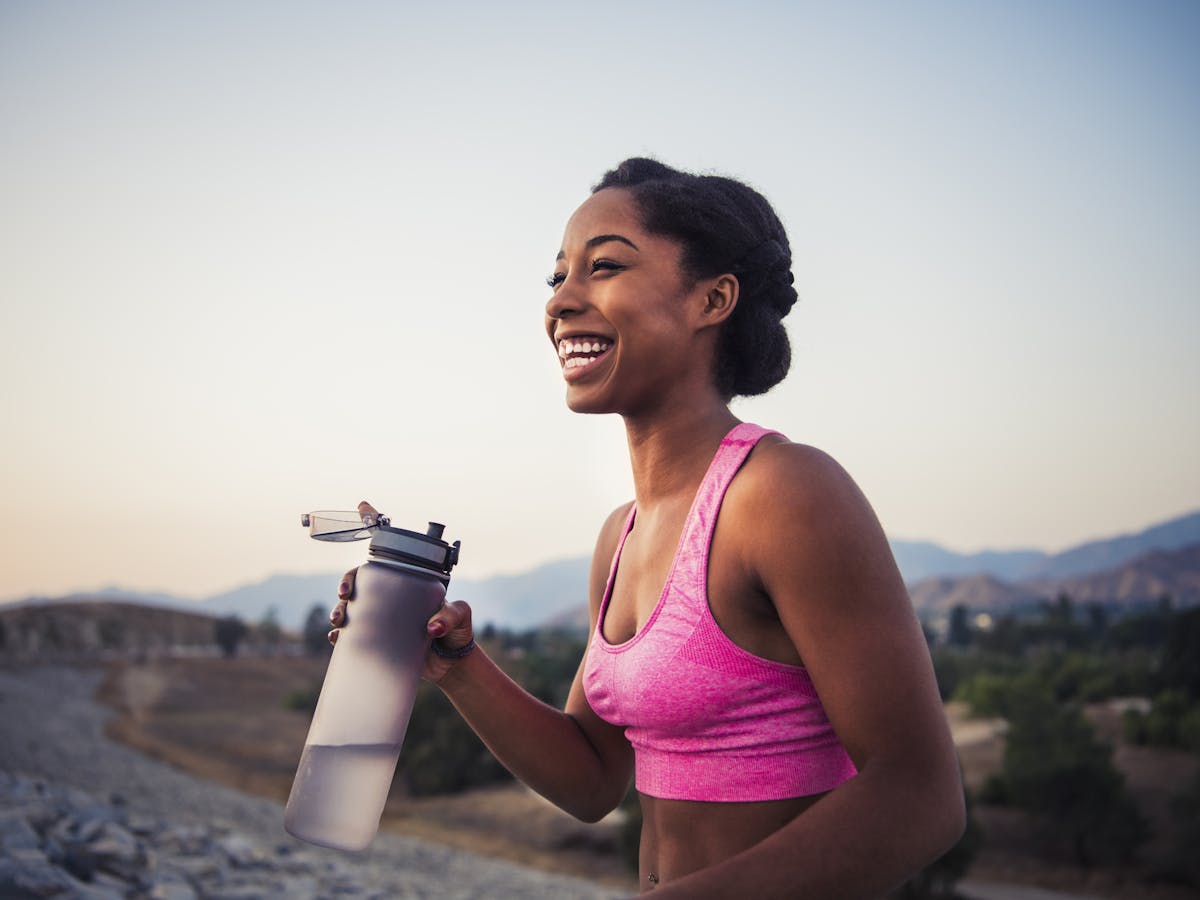
I advise you to figure out the lively usage of the product to attract the viewers easily. Let’s say if you are shooting a sports water bottle, for instance, clicking its photo while it’s kept on a tabletop may look very boring. On the other hand, you can choose your location to be a beach, where a fit model is drinking out of it after a morning run.
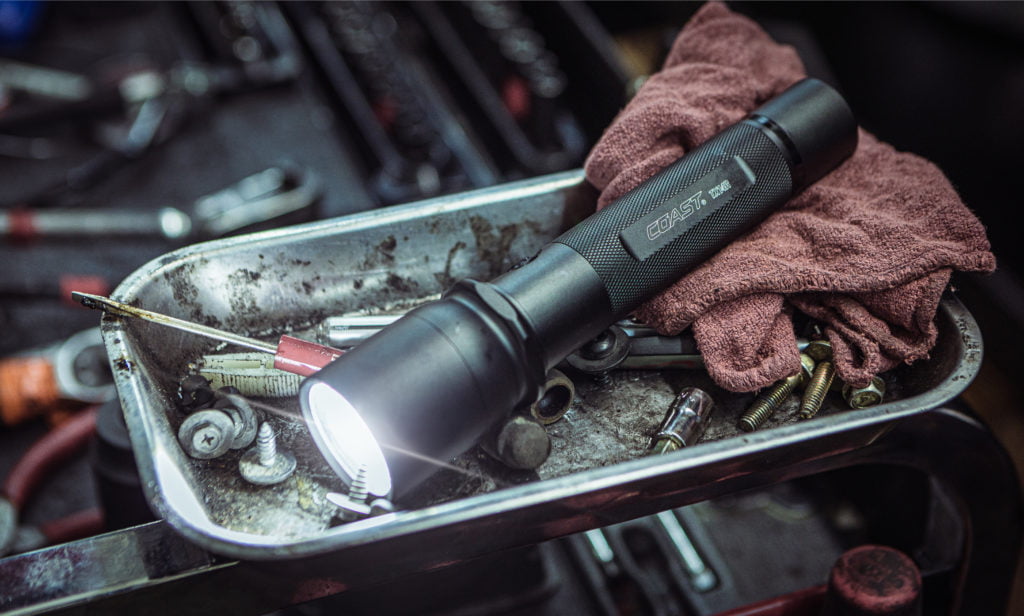
This instantly brings life to your product and makes it more relevant. People can relate easily and are likely to be encouraged on buying that sport water battle to look like her.
A common mistake is to create lifestyle images that look fake. I recommend you to go for authentic feels and emotions for your models. If your models pose in a gym, they might be sweaty, with messy hair, and breathe with their mouth open.

Steer clear of anything that looks unnatural, like an over-the-top smile on a model wearing make-up and lifting dumbbells. Use sincere and relaxed poses to try immerse potential customers in that atmosphere.
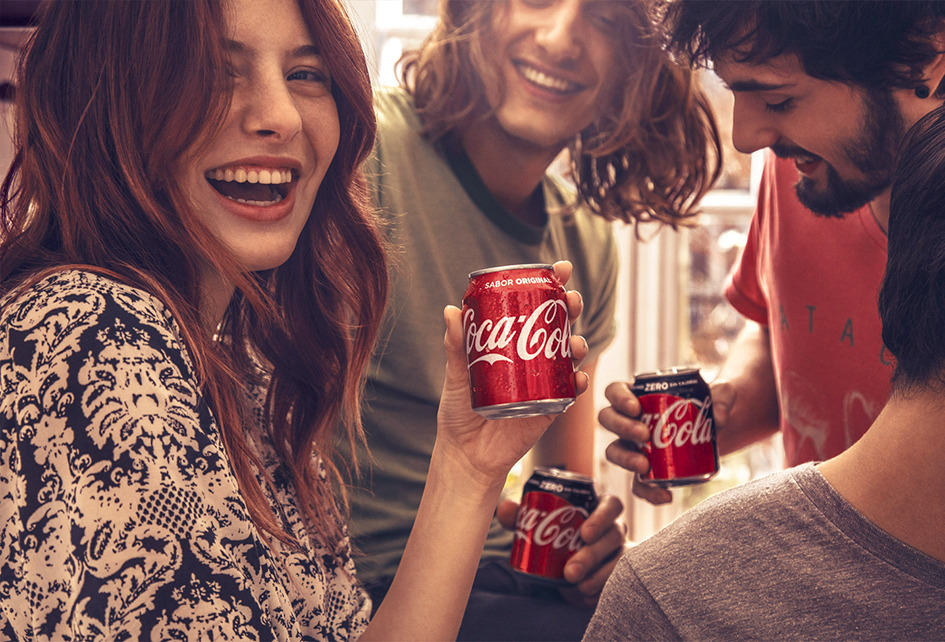
A significant element of lifestyle product photography is the human emotions it will evoke. Since people tend to make choices based on their emotional reactions, you need to impact the part of the brain responsible for emotions whenever you are taking lifestyle product shots.
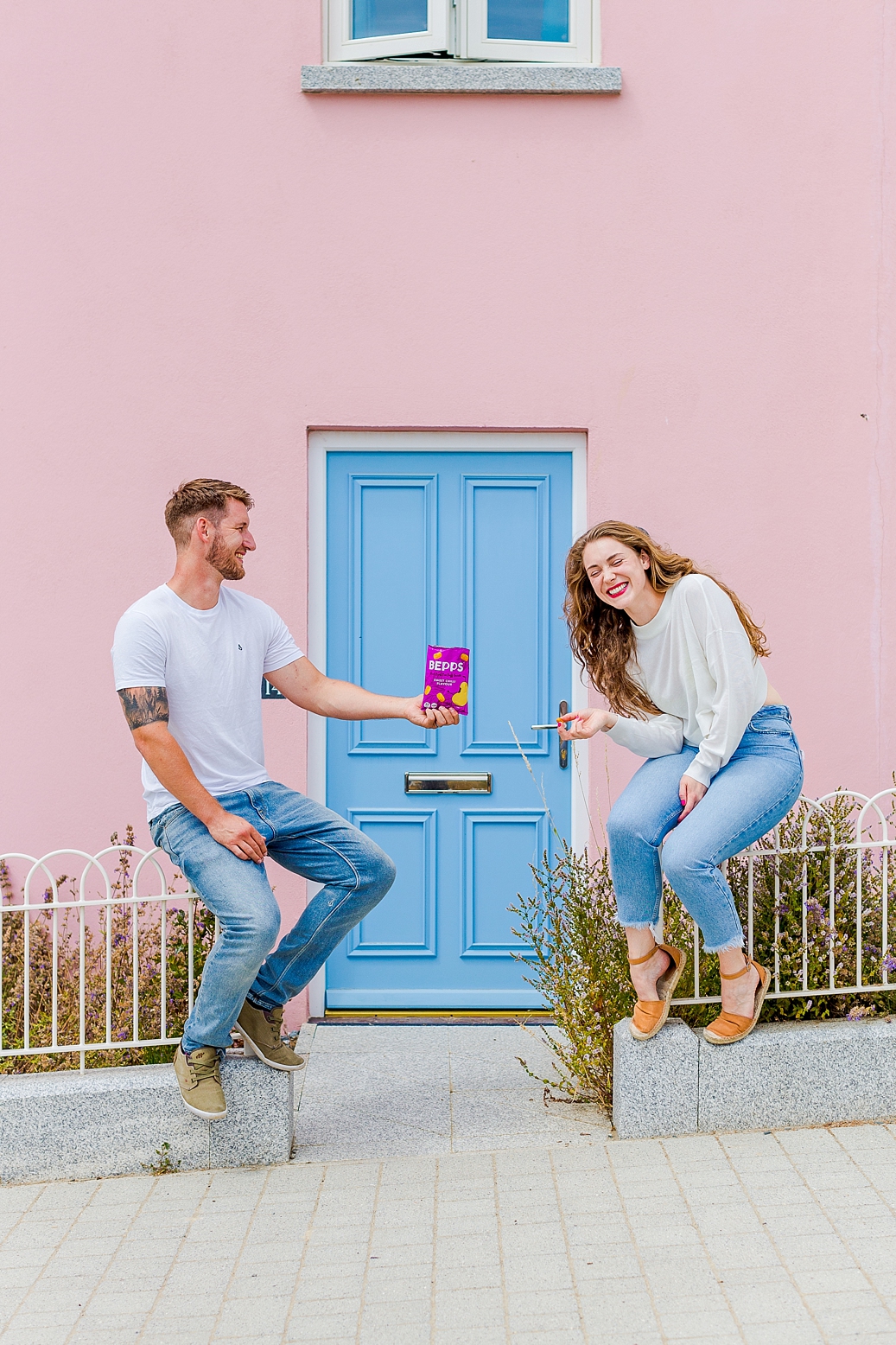
Think about the emotion you wish to communicate. To achieve that affective power in product photography, pick proper lighting, place the product, and props accordingly.
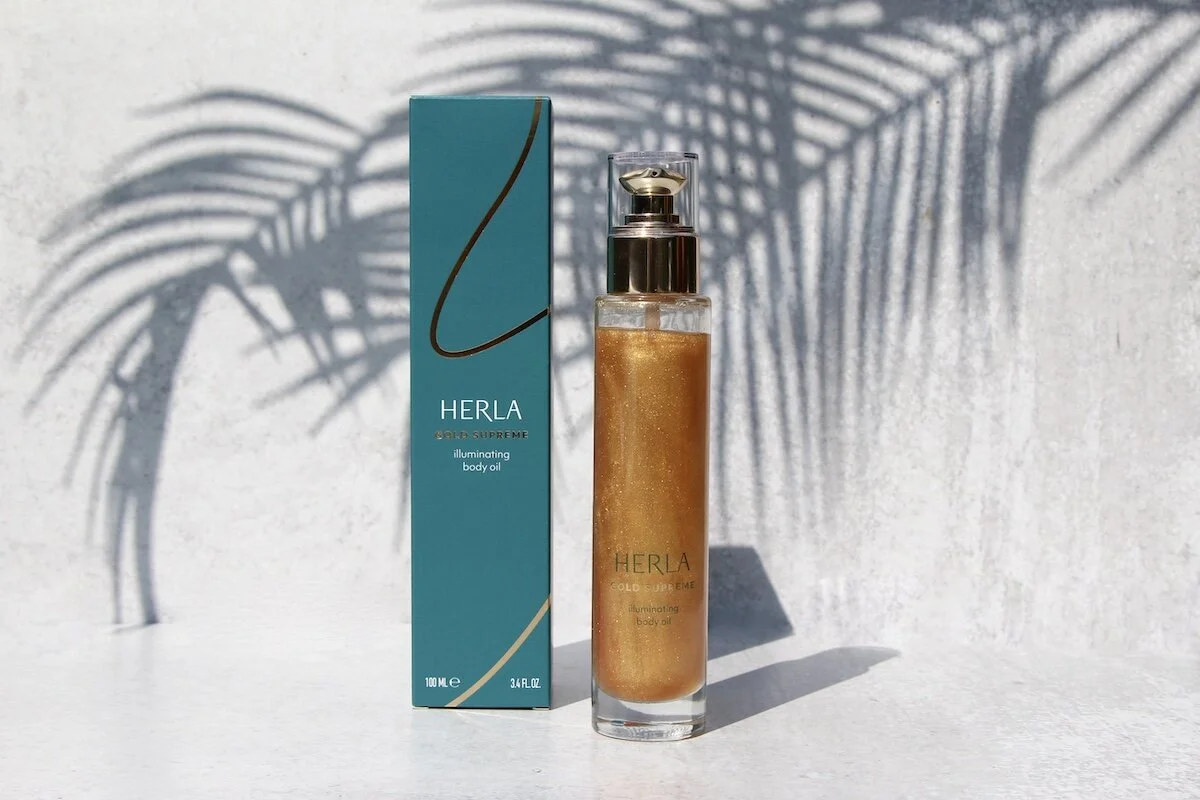
Shadow photography makes an image pop by adding an interesting element in the backdrop. You can either learn how to add a drop shadow in Photoshop, or manipulate the lighting to add the shadow of leaves, or hands.

Consider capturing fast-moving items while freezing the action. High speed photography conveys emotions, time, speed, taste, etc., attracting the buyers’ attention. If they come across a regular shot of sneakers, they will skip it and move on. But if there is a running athlete wearing sneakers in the shot, they are more likely to lay their eyes on the product for more than just several seconds.

To implement this idea, configure appropriate camera settings for product photography. To freeze the action, pick a fast shutter speed, like 1/400+. For the blur effect, try a slow shutter speed, like 1/30 or lower.
Here is everything you need to know to learn how to take product photos that will attract the customers’ attention.

Make a detailed product lifestyle photography plan, you need to define the sphere of application of your images. Besides, when you are engaged in lifestyle photography, get ready to spend much time and effort to arrange the product in the best way possible.
Who are the potential clients that will use the product? Where and how will it be used? Are there any related items? What are the best shooting conditions (artificial or natural light) to photograph this product?

Before you start working, it’s a great idea to visit some professional marketing websites, where you can find interesting lifestyle photography ideas that will work beneficially for your product. Don’t underestimate the sites of the local companies, which are focused on the customers in your area and use their best e-commerce lifestyle product photography techniques.

Lifestyle photography requires less equipment than standard product photography, especially, if you are going to use natural light. Of course, you can create amazing iPhone product photography, but I recommend investing in a professional camera for product photography, like Canon EOS Rebel T7. You’ll also need a good lens for product photography, like Canon EF 50mm f/1.8, and a reliable tripod brand, like GEEKOTO DSLR Tripod.

Don’t overdo with the props and never include other brands/logos in your photos. You may not only distract the attention from the main product but also get into some legal trouble.

This is one of the most effective photography composition techniques, which you should master to compose the images professionally. The basic principle behind the rule of thirds is to imagine breaking an image down into thirds (both horizontally and vertically) so that you have 9 parts.
The theory is that if you place points of interest in the intersections or along the lines that your photo becomes more balanced and will enable a viewer of the image to interact with it more naturally.
When taking lifestyle product photos, it is important to consider the target audience and the desired mood or emotion the photos should evoke. Additionally, attention should be given to the composition, props, lighting, and styling to create a visually appealing and relatable image that showcases the product in a real-life context.
To effectively convey a lifestyle or story through product photography, it's essential to focus on creating a narrative by incorporating human models or relatable scenes that showcase the product's purpose and benefits. Paying attention to the overall mood, styling, and composition can help create a cohesive visual story that resonates with the target audience and enhances the product's appeal.
Firstly, maintaining a cohesive color palette, lighting style, and overall visual tone across all images helps establish a recognizable and unified look. Secondly, paying attention to consistent styling elements, such as props, backgrounds, and composition techniques, reinforces the brand's identity and ensures a cohesive visual representation of the lifestyle associated with the product.

Want to cut down the time you spend on lifestyle product photography editing? Try these ready-made Lr presets to instantly improve your images, and fix the common issues.